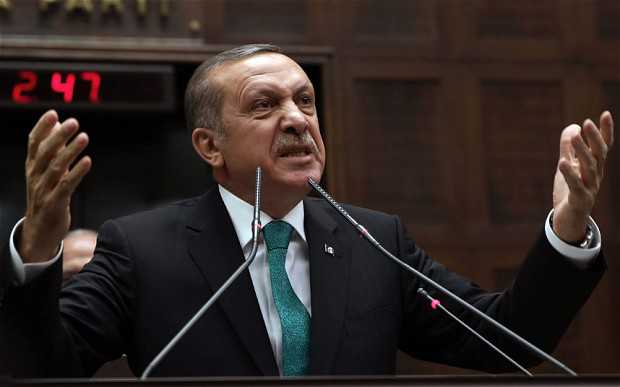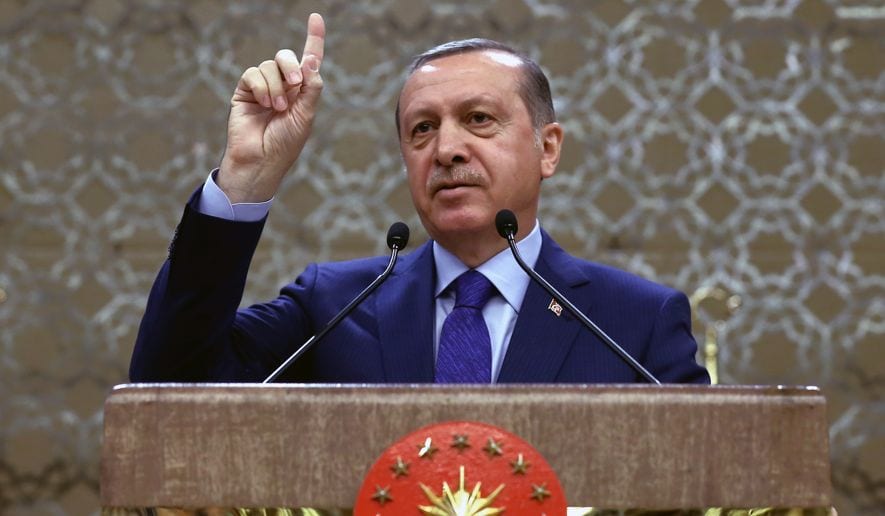ARMENIANS STILL DEMAND RECOGNITION AND REPARATION OF THEIR GENOCIDE BY TURKEY
The European Armenian Federation has carefully followed recent debates in Turkey regarding the Armenian Genocide.
We have noted the development of a new campaign in Turkey by which the Armenian people would need appeasement provided by certain strata of Turkish society, thereby solving the Armenian question without causing too much damage to Turkey.
While being fully receptive to genuine expressions of sympathy and outreach by Turkish individuals who choose to speak out against their own government’s policy of denial of the Armenian Genocide, we must also make clear that the cause of justice with regard to this mass crime cannot be “apologized” away by populist initiatives, however well-intentioned such actions might seem to be.
The recently publicized “apology” campaign in Turkey is, indeed, a populist initiative, which deliberately avoids the term “genocide” and which, by so doing, intends to de-criminalize the destruction by the Ottoman Turkish government of 1,5 million Armenians, as precisely claimed one of its initiators, Mr. Baskin Oran in a Turkish newspaper (Milliyet – December 19, 2008).
The Armenian Genocide is a crime against Humanity committed by Ottoman Turkey and recognised as such by the legislatures of a growing number of countries, especially of modern democracies, including the European Parliament. It was jointly recognized in 1915 by France, England and Russia, the world powers of the period.
The present Turkish government – the successor state of the Ottoman Empire and the notorious beneficiary of Ottoman Turkey’s genocidal undertakings – must formally recognize this Genocide and take full responsibility for all its legal consequences under the United Nations Convention for the Prevention and Punishment of the Crime of Genocide instead of pursuing an aggressive policy of denial in every capital of the world: there is no other alternative for Turkey than Recognition and Reparation of the Armenian Genocide, supplemented by the Education and Prevention of new crimes that would threaten the safety of Armenians and all people living in the area.
Armenians have inalienable rights to justice and truth within the framework of international law as clearly expressed in the Charter of the European Armenians officially adopted in October 2004.
The Turkish civil society must also come to terms with this hard reality: What happened in Turkey during 1915 through 1923 was a full-fledged genocide which cannot be characterized in another way. Relying on euphemistic and evasive language will simply prolong Turkey’s denialist worldview and leave these burning issues unaddressed for another generation.
The Armenian Genocide was and continues to be an undeniable crime against Humanity, which requires a political solution that cannot be reduced to civil society’s expediencies or to inconsequential dialogues between peoples.





